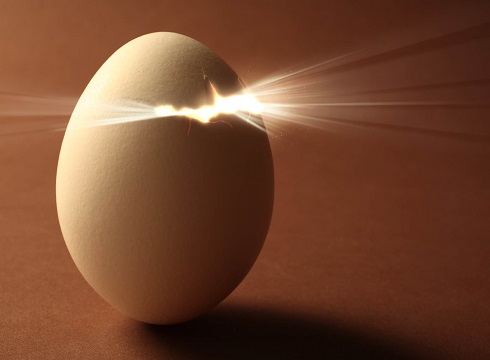Write it. Shoot it. Publish it. Crochet it, sauté it, whatever. MAKE.
—Joss Whedon
The best way out is always through.
—Robert Frost
CAN CONFIRM: Study Finds Most Sin A Direct Result Of Not Having Enough Coffee In Your System
... a lack of coffee directly increases the sinfulness of your thoughts, attitudes, emotions, and desires...
NEWS YOU CAN USE: Essential knots: how to tie the 20 knots you need to know
Boom time for Dervla McTiernan with big win and a film adaptation
It's a big week for Dervla McTiernan and her novel The Rúin.
Facebook quietly ditched the ‘It’s free and always will be’ slogan from its homepageBusiness Insider Australia
Kicking The Sophomore Curse To The Curb, By Taking Eight Years To Publish A Second Novel
Téa Obreht took her time after The Tiger’s Wife struck the bestseller list and stayed for many, many months. She says, “It was appropriate to let the wrong books go and wait for the right one to come along.” – The New York Times
Russian Literature And The Meaning Of Truth
“We usually assume that literature exists to depict life, but Russians often speak as if life exists to provide material for literature. Russians, of course, excel in ballet, chess, theater, and mathematics. They invented the periodic table and non-Euclidian geometry. Nevertheless, for Russians literature is in a class by itself. The very phrase “Russian literature” carries a sacramental aura.” – New Criterion
Posted by: Lisa Hill | August 28, 2019
Made in Sweden, 25 Ideas that Created a Country, by Elisabeth Åsbrink, translated by the author
Perhaps because I’ve never been to any of the Scandinavian countries, I’d never really investigated their history so the murkier aspects of their society came as a horrid surprise. Ikea and ABBA and their sophisticated welfare systems all seemed so bland and benign. (Well, benign, that is, until you actually try and assemble something from Ikea.) But Ingvar Kamprad, founder of Ikea, had a very dubious personal history:
… there are also two ways into the Ikea story. One is uplifting and inspirational: a young man from a modest background, but with more than the usual dose of business acumen, builds an empire. Although the hero of the story makes an occasional mistake, that is precisely what made him human and such a treasured symbol of Swedishness.The other way leads from Mr Kaprad’s childhood and adolescence in a Hitler-loving family, Germans who had immigrated from the Sudetenland, in Czechoslovakia, where both his paternal grandmother and his father were Nazis; his long-lasting commitment to the Swedish fascist movement; and his membership, during the Second World War, of Sweden’s Nazi party, Swedish Socialist Unity. Both stories are equally true. (p.90)
Tech Giants Are Hiring Philosophers. Will It Help?

“Tech companies seem to berecognizingthat they need advice on the unprecedented power they’ve amassed and on many challenging moral issues around privacy, facial recognition, AI, and beyond. Philosophers, who contemplate these topics for a living, should welcome any interest in their work from organizations that are set on shaping humanity’s future. But they need to be wary of the potential conflicts of interest that can arise from these collaborations, and of being used as virtue-signaling pawns for ethically problematic companies.” – Wired


